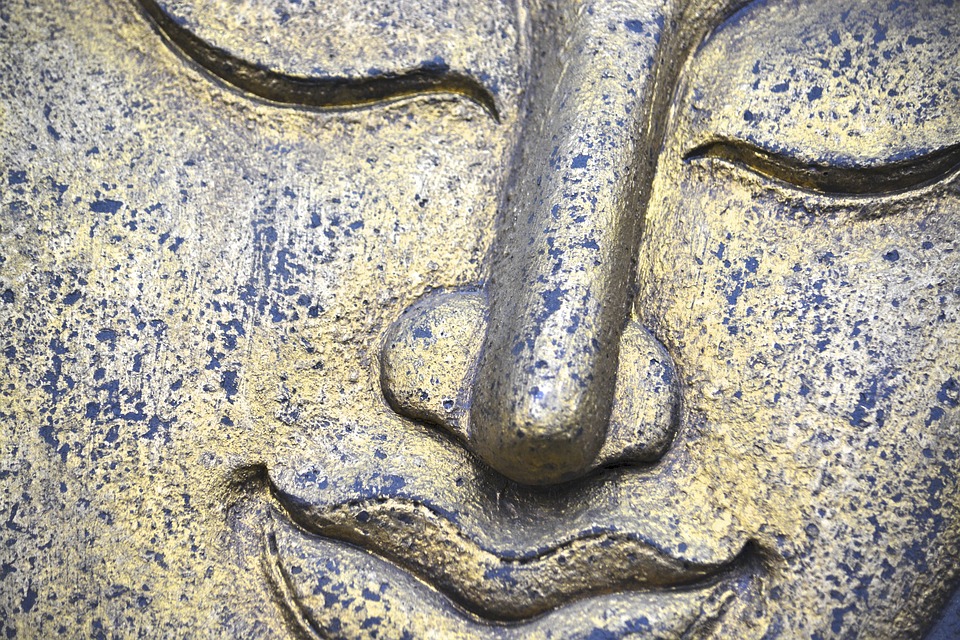Within the religion of Buddhism, there are what is known as the Four Noble Truths. Dukkha refers to suffering, pain, sorrow, affliction, misery, anguish, etc. These Four Noble Truths on Dukkha are taught as the primary means to attain nirvana.
Nirvana is the state in which one is no longer subject to human suffering or the cycle of rebirth and death. Those who have attained Nirvana are enlightened and outside of the world of impermanent things. Buddhists in Nirvana aid the world in reaching their own enlightenment.
The written words of Budhha on Dukkha from SN 56.11 are:
“This, bhikkus, is the Noble Truth of Dukkha: Birth is dukkha, aging is dukkha, sickness is dukkha, death is dukkha. The presence of objects we loathed is dukkha; separation from what we love is dukkha; not get what is wanted is dukkha. In short, the five clinging-aggregates are dukkha.”
 Dukkha translates to English as suffering. In Buddha’s words above, he explains how negativity in any way is dukkha, or suffering. Aging, being born, sickness, death, separation, failure to attain, etc., are all dukkha, or sufferings.
Dukkha translates to English as suffering. In Buddha’s words above, he explains how negativity in any way is dukkha, or suffering. Aging, being born, sickness, death, separation, failure to attain, etc., are all dukkha, or sufferings.
Dukkha is also one of the Three Marks of Existence, which includes impermanence, suffering, and not-self. Impermanence can best be explained as “nothing in the universe is permanent and always changing.” Not-self refers to the concept of nothing being as it seems because nothing in the universe is permanent. Dukkha is the result of this impermanence of the universe and the concept of not-self, as we will ourselves change.
The Four Noble Truths are the foundation of understanding Dukkha. They are as follows:
1. Noble Truth of Suffering
2. Noble Truth of the Origin of Suffering
3. Noble Truth of the Cessation of Suffering
4. Noble Truth of the Path that leads to the Cessation of Suffering
The Four Noble Truths must be expanded on to fully understand their importance of suffering from regard to the Three Marks of Existence. Without suffering, the other two marks would not exist.
The Four Noble Truths
The Nature of Suffering is the noble truth of suffering: birth, aging, illness, death, sorrow, pain, grief, displeasing things, separation from pleasure is all part of suffering. This is similar to Buddha’s own words on the five aggregates subject to clinging are suffering.
The Origin of Suffering is the noble truth of the craving which leads to renewed existence, accompanied by delight, sensual lust, and craving for extermination. This truth explains the understanding of where suffering originates.
Suffering’s Cessation is the noble truth of the remaining sufferings, and falling away; the cessation of that same craving, giving up the cravings, having freedom from it, and not relying on one’s suffering to understand the truth.
The Path Leading to the Cessation of Suffering is called the Noble Eightfold Path, which is the right view, right intention, right speech, right action, right livelihood, right effort, right mindfulness, and right concentration.
Dukkha is one of the founding principles of Buddhism. Without suffering, understanding can never be obtained. Without understanding, enlightenment can never be obtained. Dukkha is defined as incomplete terms with The Four Noble Truths.





